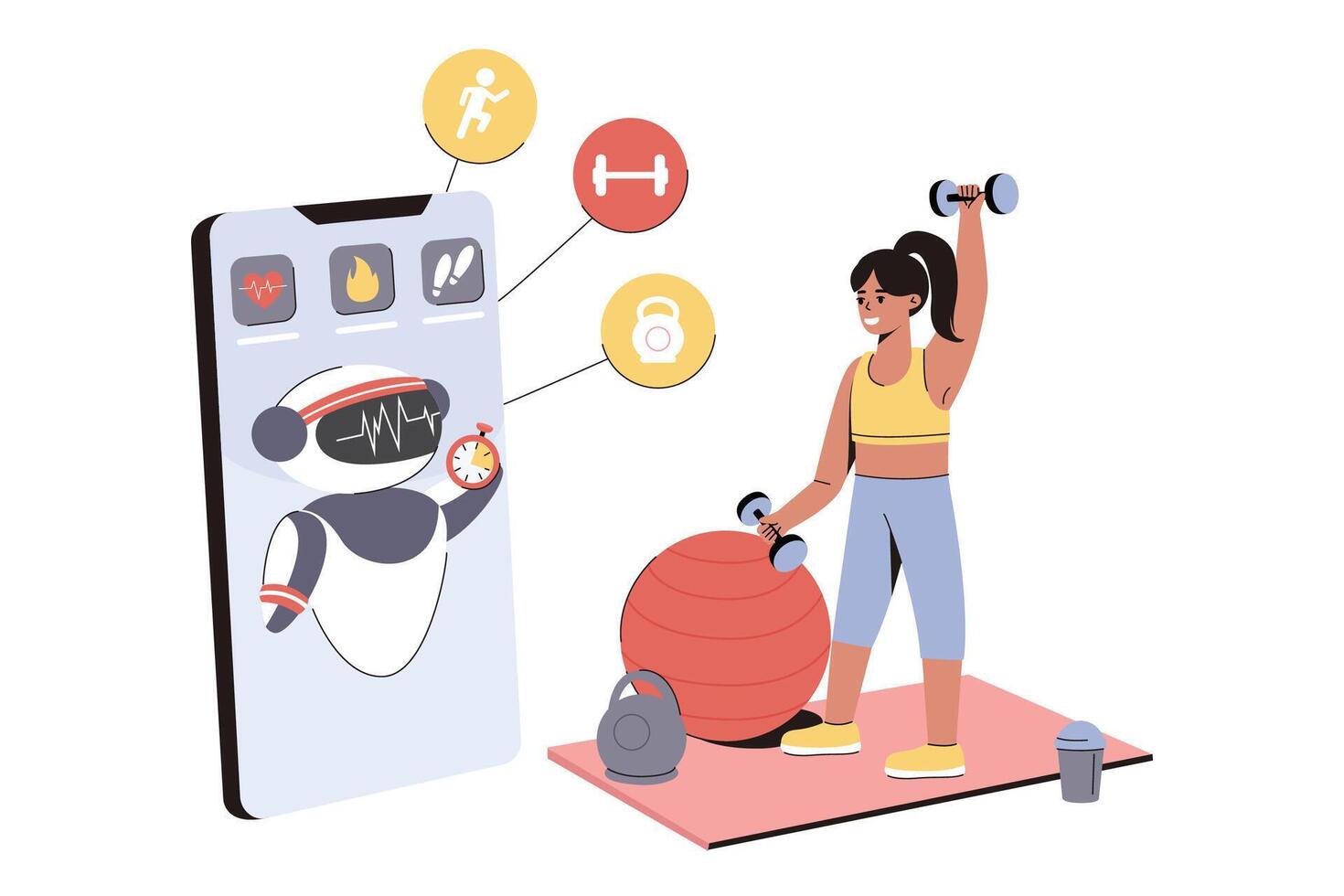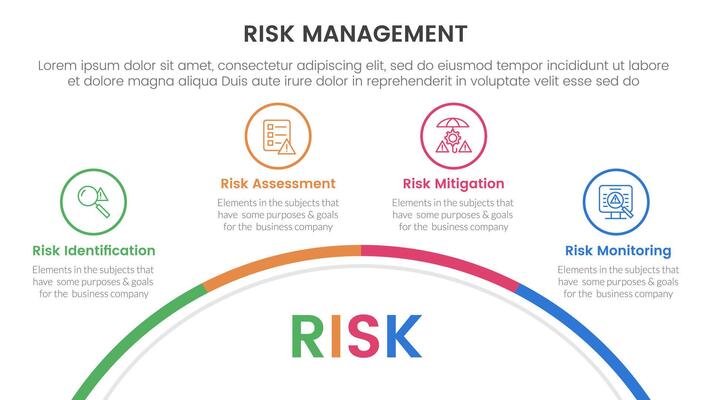Geriatric Healthcare: A Comprehensive Guide to Addressing the Unique Needs of Older Adults



- Comprehensive assessment of physical and cognitive health
- Management of multiple chronic conditions
- Medication management to minimize side effects
- Rehabilitation and therapy to improve function and mobility
- Care coordination with other healthcare providers
- Support for caregivers and families
Aspect | Geriatric Medicine Focus | General Medicine Focus |
|---|---|---|
Patient Population | Older adults with complex health needs | Patients of all ages |
Focus | Maintaining function and independence | Curing diseases |
Approach | Holistic, considering physical, psychological, and social factors | Primarily physical |
Common Issues | Multiple chronic conditions, cognitive impairment, mobility problems | Acute illnesses and injuries |
Aspect | Geriatric Medicine Focus | General Medicine Focus |
|---|---|---|
Patient Population | Older adults with complex health needs | Patients of all ages |
Focus | Maintaining function and independence | Curing diseases |
Approach | Holistic, considering physical, psychological, and social factors | Primarily physical |
Common Issues | Multiple chronic conditions, cognitive impairment, mobility problems | Acute illnesses and injuries |

- Cardiovascular disease (heart disease, stroke)
- Arthritis (osteoarthritis, rheumatoid arthritis)
- Dementia (Alzheimer's disease, vascular dementia)
- Osteoporosis (bone loss and fractures)
- Diabetes (type 2 diabetes)
- Cancer
Condition | Symptoms | Management |
|---|---|---|
Cardiovascular Disease | Chest pain, shortness of breath, fatigue | Medication, lifestyle changes (diet, exercise), surgery |
Arthritis | Joint pain, stiffness, swelling | Medication, physical therapy, joint injections |
Dementia | Memory loss, confusion, difficulty with communication | Medication, cognitive therapy, supportive care |
Osteoporosis | Bone loss, increased risk of fractures | Medication, calcium and vitamin D supplements, weight-bearing exercise |
Diabetes | Increased thirst, frequent urination, fatigue | Medication, diet management, exercise |
Condition | Symptoms | Management |
|---|---|---|
Cardiovascular Disease | Chest pain, shortness of breath, fatigue | Medication, lifestyle changes (diet, exercise), surgery |
Arthritis | Joint pain, stiffness, swelling | Medication, physical therapy, joint injections |
Dementia | Memory loss, confusion, difficulty with communication | Medication, cognitive therapy, supportive care |
Osteoporosis | Bone loss, increased risk of fractures | Medication, calcium and vitamin D supplements, weight-bearing exercise |
Diabetes | Increased thirst, frequent urination, fatigue | Medication, diet management, exercise |

- Annual physical exams
- Vaccinations (flu, pneumonia, shingles)
- Screenings for cancer (breast, colon, prostate)
- Bone density scans for osteoporosis
- Vision and hearing tests
- Mental health assessments
Screening | Frequency | Purpose |
|---|---|---|
Mammogram | Annually (for women) | Detect breast cancer |
Colonoscopy | Every 10 years (or more frequently based on risk factors) | Detect colon cancer |
Prostate-Specific Antigen (PSA) Test | Annually (for men) | Detect prostate cancer |
Bone Density Scan (DEXA) | Every 1-2 years (for women over 65) | Assess bone density and risk of osteoporosis |
Vision and Hearing Tests | Annually | Detect vision and hearing problems |
Screening | Frequency | Purpose |
|---|---|---|
Mammogram | Annually (for women) | Detect breast cancer |
Colonoscopy | Every 10 years (or more frequently based on risk factors) | Detect colon cancer |
Prostate-Specific Antigen (PSA) Test | Annually (for men) | Detect prostate cancer |
Bone Density Scan (DEXA) | Every 1-2 years (for women over 65) | Assess bone density and risk of osteoporosis |
Vision and Hearing Tests | Annually | Detect vision and hearing problems |

- Primary care physician (PCP) office
- Geriatric clinic
- Hospital geriatric unit
- Rehabilitation center
- Assisted living facility
- Nursing home
- Home healthcare
Care Setting | Services Provided | Suitable For |
|---|---|---|
Primary Care Physician | Routine check-ups, vaccinations, management of common health conditions | Individuals with relatively good health who need routine medical care |
Geriatric Clinic | Comprehensive geriatric assessment, care planning, specialized treatment | Individuals with complex health needs, multiple chronic conditions, or cognitive impairment |
Assisted Living Facility | Assistance with daily living activities, meals, social activities | Individuals who need some assistance with daily tasks but do not require 24-hour medical care |
Nursing Home | 24-hour medical care, skilled nursing services, rehabilitation | Individuals with complex medical needs who require constant supervision and assistance |
Care Setting | Services Provided | Suitable For |
|---|---|---|
Primary Care Physician | Routine check-ups, vaccinations, management of common health conditions | Individuals with relatively good health who need routine medical care |
Geriatric Clinic | Comprehensive geriatric assessment, care planning, specialized treatment | Individuals with complex health needs, multiple chronic conditions, or cognitive impairment |
Assisted Living Facility | Assistance with daily living activities, meals, social activities | Individuals who need some assistance with daily tasks but do not require 24-hour medical care |
Nursing Home | 24-hour medical care, skilled nursing services, rehabilitation | Individuals with complex medical needs who require constant supervision and assistance |

- Provide assistance with activities of daily living (ADLs)
- Manage medications
- Transport to medical appointments
- Offer emotional support
- Advocate for the older adult's needs
- Maintain communication with healthcare providers
Resource | Description | Benefits |
|---|---|---|
Respite Care | Temporary caregiving relief for primary caregivers | Reduces caregiver stress and burnout, allows caregivers to take breaks |
Support Groups | Meetings for caregivers to share experiences and receive emotional support | Provides a sense of community, offers practical advice and coping strategies |
Educational Resources | Information on geriatric health conditions, caregiving techniques, and available services | Improves caregivers' knowledge and skills, enhances the quality of care provided |
Home Healthcare Aides | Trained professionals who provide assistance with personal care and daily activities | Allows older adults to remain in their homes while receiving necessary support |
Resource | Description | Benefits |
|---|---|---|
Respite Care | Temporary caregiving relief for primary caregivers | Reduces caregiver stress and burnout, allows caregivers to take breaks |
Support Groups | Meetings for caregivers to share experiences and receive emotional support | Provides a sense of community, offers practical advice and coping strategies |
Educational Resources | Information on geriatric health conditions, caregiving techniques, and available services | Improves caregivers' knowledge and skills, enhances the quality of care provided |
Home Healthcare Aides | Trained professionals who provide assistance with personal care and daily activities | Allows older adults to remain in their homes while receiving necessary support |








